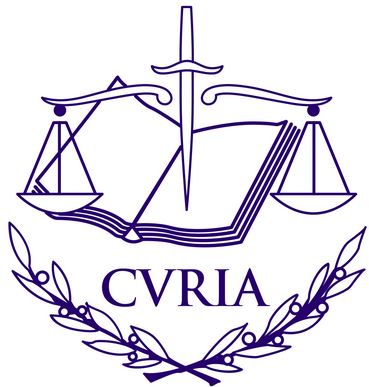Clamping down on benefit tourism – when unemployed European Union citizens move to another country solely to claim benefits – is legal, the European Court of Justice ruled on Tuesday.
The European Court of Justice ruled “Economically inactive EU citizens who go to another Member State solely in order to obtain social assistance may be excluded from certain social benefits.”
The court’s decision, which relates to a German case, sets an important legal precedent for the northern EU members whose citizens resent the influx of “benefit tourists”.
The ruling relates to a Romanian woman who had been living in Germany with her son. German authorities had denied them access to a non-contributory subsistence allowance. She brought proceedings before the Social Court, Leipzig (Germany). The mother had not been seeking employment.
The governments of the EU’s richer nations, such as the UK and Germany, now have legal confirmation that they can stop some migrants from receiving specific benefits.
According to the court, EU law stipulates that a migrant must have the resources to support himself or herself in the other country. (Emblem of the European Court of Justice)
Downing Street, the UK Prime Minister’s Office, says it welcomes the ruling, which supports David Cameron’s position.
The UK has been tightening the rules so that EU citizens migrating into the country must now wait three months before being eligible to claim child tax credits and child benefits. If they are not actively seeking employment while in the UK, they have to wait three months before being allowed to claim Jobseekers Allowance.
The British government wants to go further and will present its plans later this year.
The ruling may aid Mr. Cameron’s calls for curbs on the freedom of movement within the European Union.
Immigration issue aids anti-EU parties
Immigration has become a hot issue across Europe as anti-EU parties exploit people’s fears of mass immigration and its perceived cultural and economic impact.
The UK conservative party, whose voters have been switching to anti-EU UKIP in their tens of thousands each year, needs to be seen to be reducing the number of unskilled migrants coming in from eastern Europe.
Two Tory members of Parliament (MPs) have defected to UKIP in the last three months. One was re-elected to Parliament as a UKIP MP. According to polls, the second one will join him soon.
Jean-Christophe Gray, Mr. Cameron’s spokesman, told reporters in London on Tuesday:
“One of the things that it underlines is that freedom of movement is not an unqualified right. We will look closely at what we and other governments can do working together in response to this judgment.”
The opposition Labour Party welcomed the ruling, adding that current EU legislation is already there to control immigration.
Rachel Reeves, Labour’s spokeswoman for work and pensions, said “Labour has repeatedly called on the government to act to ensure that the U.K. benefit system is only there for those prepared to contribute.”


